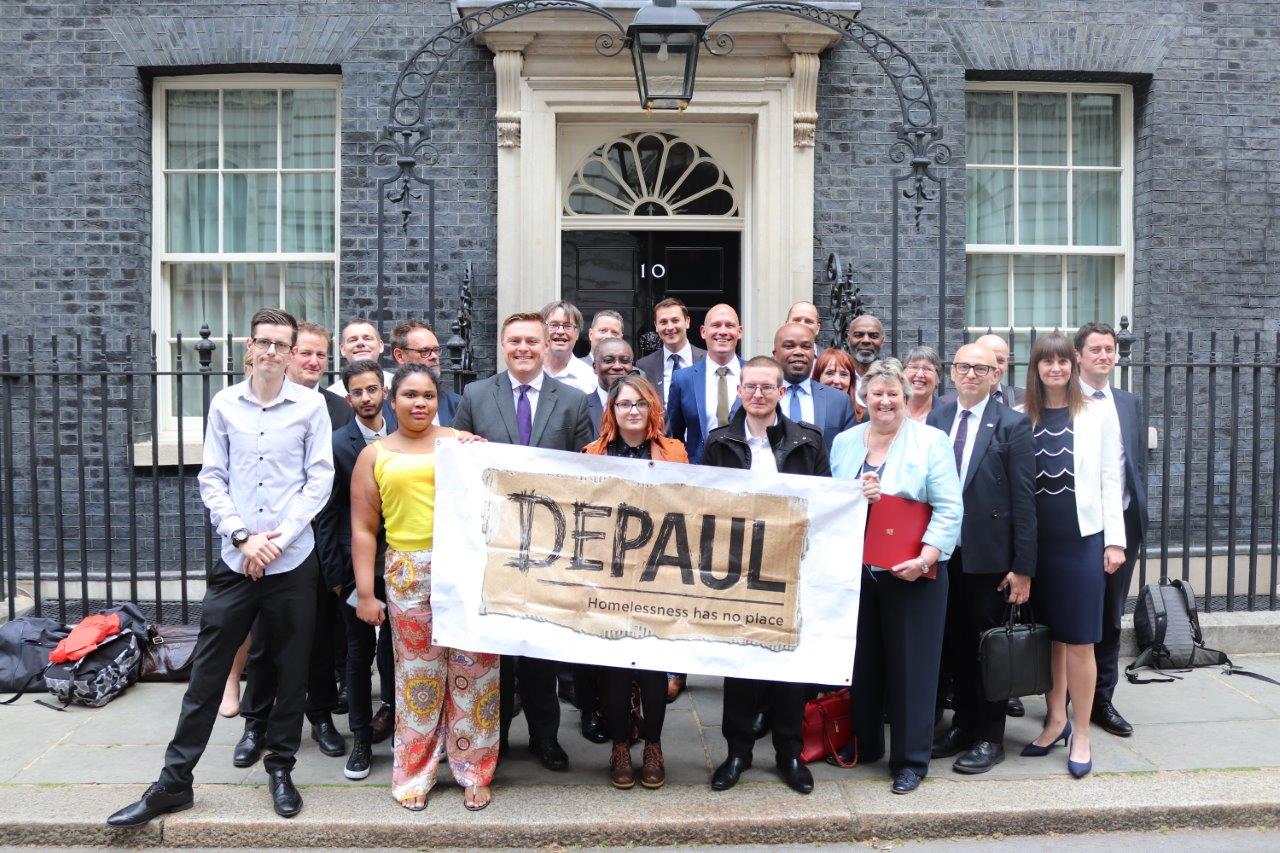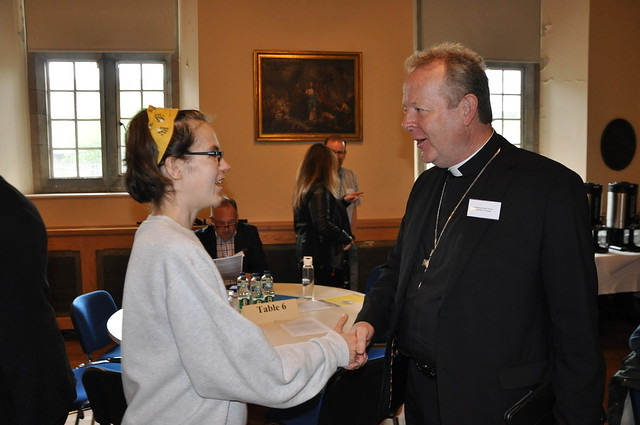Archbishop Eamon Martin of Armagh has said the pressure on parents to buy young children smart phones with internet access as holy communion presents is “crazy”.
Speaking to The Tablet at the Faith in the Digital World seminar at St Patrick’s College Maynooth, the Irish church leader said: “We wouldn’t allow children to wander around the streets unsupervised – why do we feel they can wander around the digital highways unsupervised?”
He warned that there are “an awful lot of people on the internet who would exploit young people and parents had to be aware of that and be sensible.”
Archbishop Eamon Martin was commenting on Detective Sergeant Mary McCormack revelation at the Maynooth seminar on Wednesday that the Irish police’s Online Child Exploitation Unit has been working with phone providers on the matter of communion age children being bought smart phones with internet access.
While phone providers argue it is their job to give data, she said: “I am trying to get across to them that it is not right for a parent to walk in and buy a kid a phone for their communion and hand it over to them with a full data allowance.”
She said parents were also allowing their children to use their own phones to access the internet, so children weren’t always accessing the internet via their own device. “Once a child is told that they can use the internet, you need to have that conversation about safety on the internet,” she underlined.
Speaking to the Tablet, Detective Sergeant McCormack urged parents “to sit down and think about why their child needs access to the internet, the supervision they are going to give, and what the child is allowed to access.”
In his address to delegates from parishes around the country, Archbishop Martin said the Synod of Bishops on Youth in Rome last October had considered the massive impact of "screen culture", including mobiles, tablets, cinema, mini-series and video gaming, on young people and their exploitation online through the harvesting of their data, identity theft and scams.
The young people who attended the synod had “pleaded with us that the Church should not just stand outside the digital world, looking in with disapproval”.
“The Church should recognise that digital technology, and especially social media, is now a permanent part of the life and identity of the majority of young people, and increasingly so, of all of us. The distinction between the ‘online’ and ‘offline’ world is becoming more and more nebulous,” he said.
But he also expressed concern over the "ME" or "selfie" generation’s need for instant gratification which manifests itself in constant phone checking for likes and friends, or obsessing for hours over a profile picture, or even the macabre filming and instant sharing of tragic incidents like road accidents or the aftermath of terrorist attacks.
“What can believers say into this space? How might we understand more fully the driving forces within cyberspace and witness by our example to a Christian, healthy, and wholesome presence online,” he asked.
Citing Pope Francis, the Archbishop highlighted the dangers of creating “closed circuits” on the Net which “facilitate the spread of fake news and false information, fomenting prejudice and hate” as well as cautioning against the isolation and loneliness which can pervade internet use and lead young people to become “social hermits” alienated from society.
Speaking to the Tablet, Archbishop Martin said legislators need to consider the challenges raised by the digital world.
On the digital age of consent, he said it was “very reasonable” to ask at what point is it right for children to have social media profiles “particularly given that there are so many people out there who are willing to harvest their data, exploit them and to abuse them online.”
Referring to Senator Joan Freeman’s Children’s Digital Protection Bill 2018 he said it was about trying to get internet service providers to own some of the responsibility around the threats to children online. “It is perfectly reasonable for a society to say that if something is illegal offline then why should it be allowed online.”
Senator Freeman told the Tablet that the legislation she is trying to introduce aims to force service providers to take down internet sites that harm children, through promoting suicide and self-harm. “This is not about freedom of information – it is about safeguarding children,” she said.



 Loading ...
Loading ...